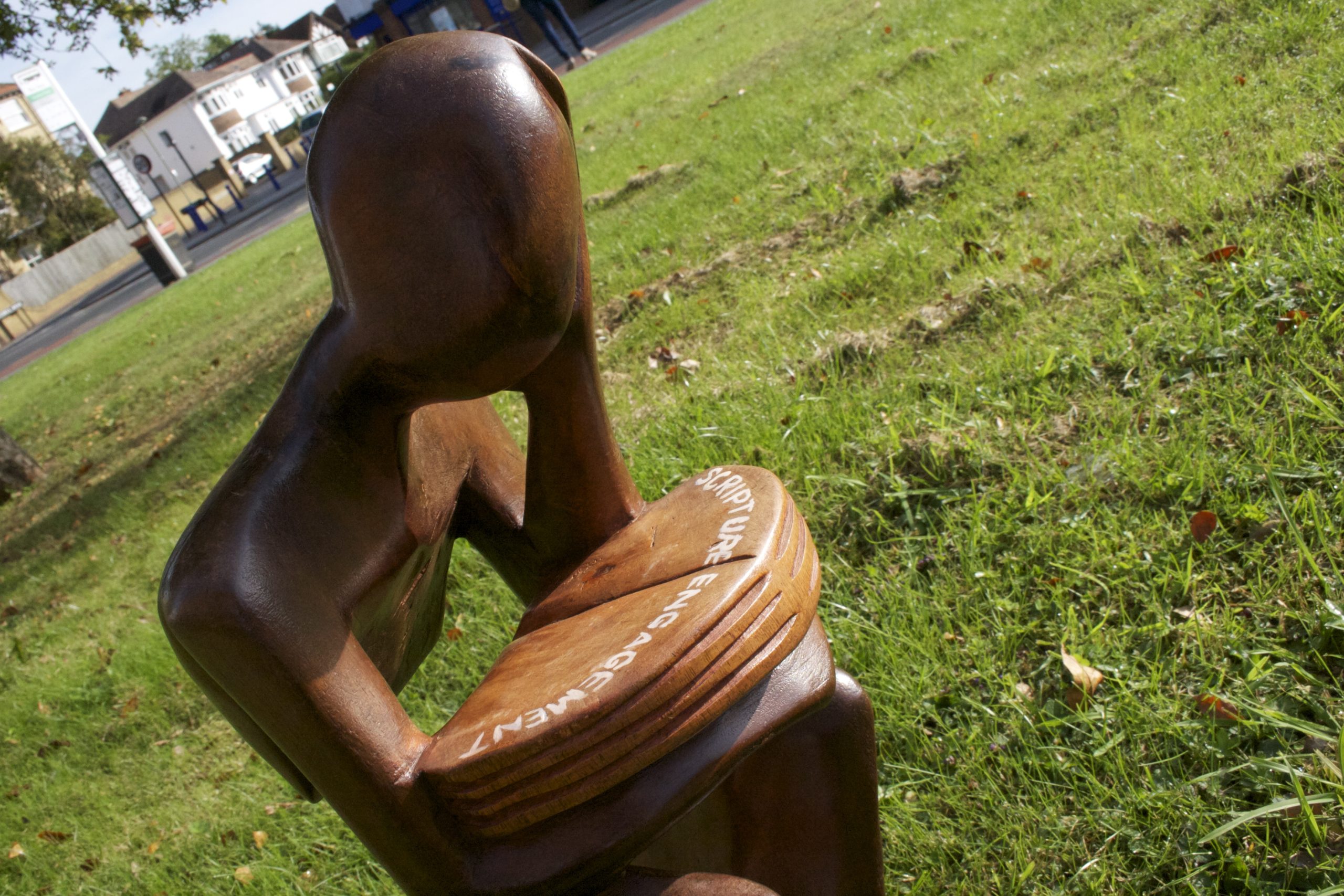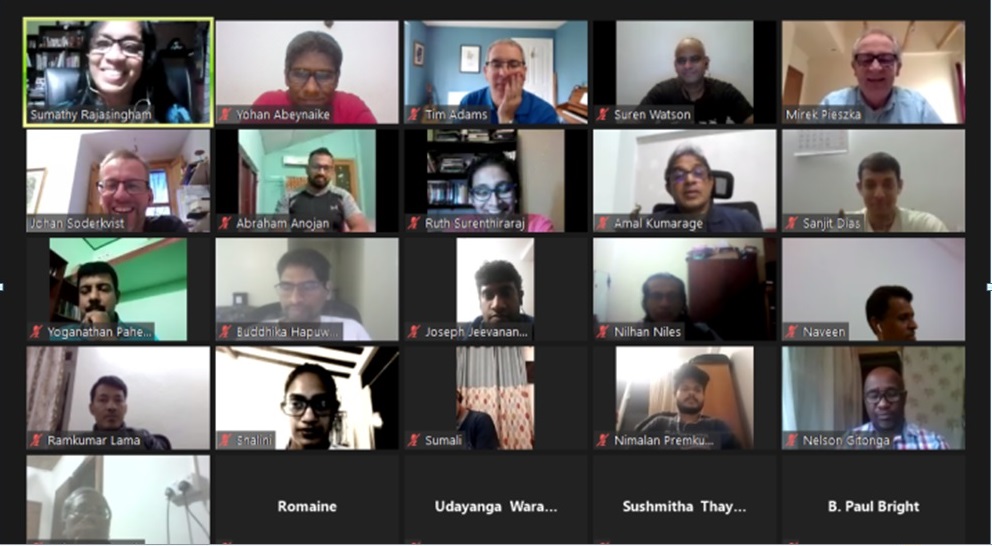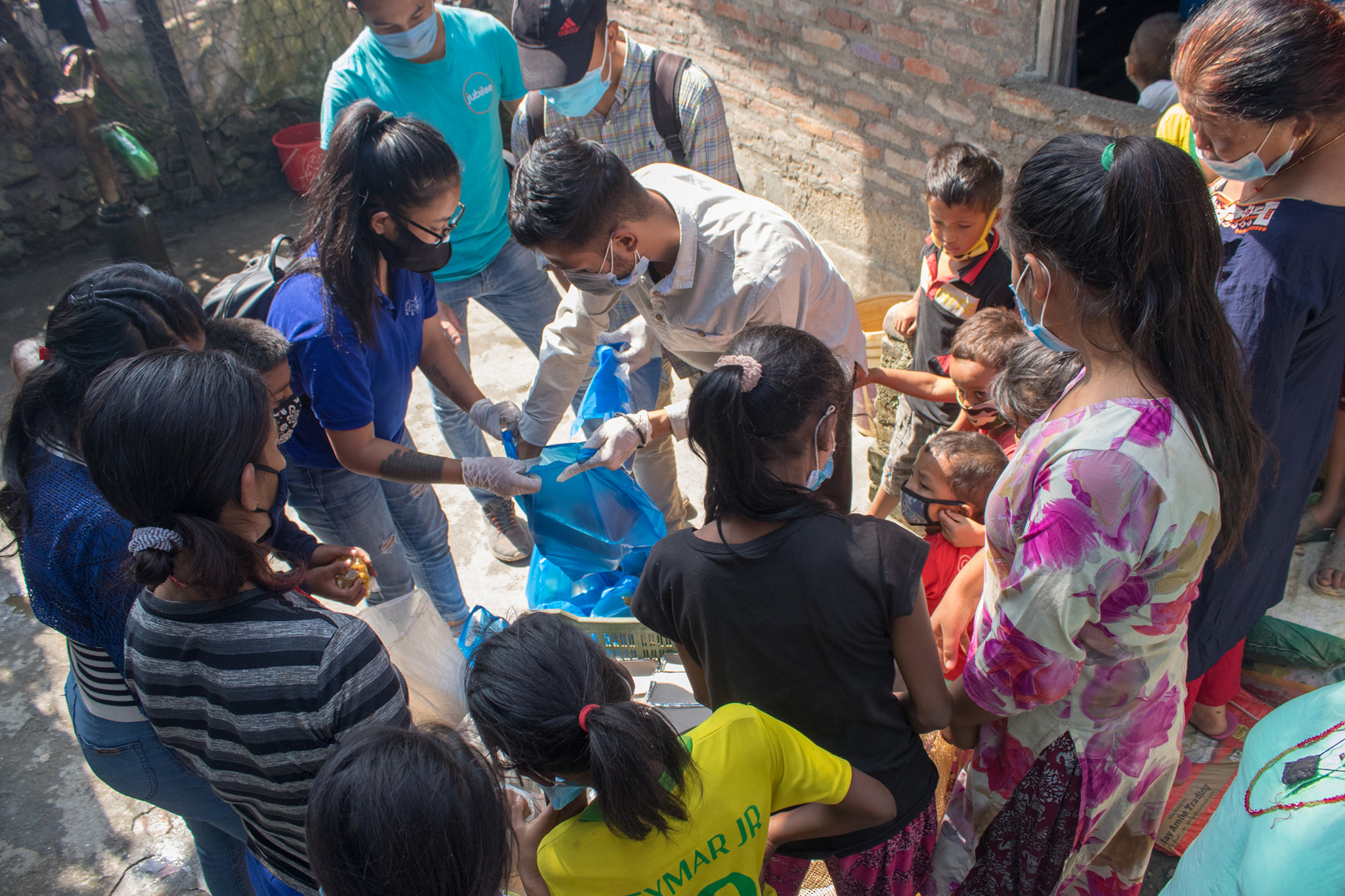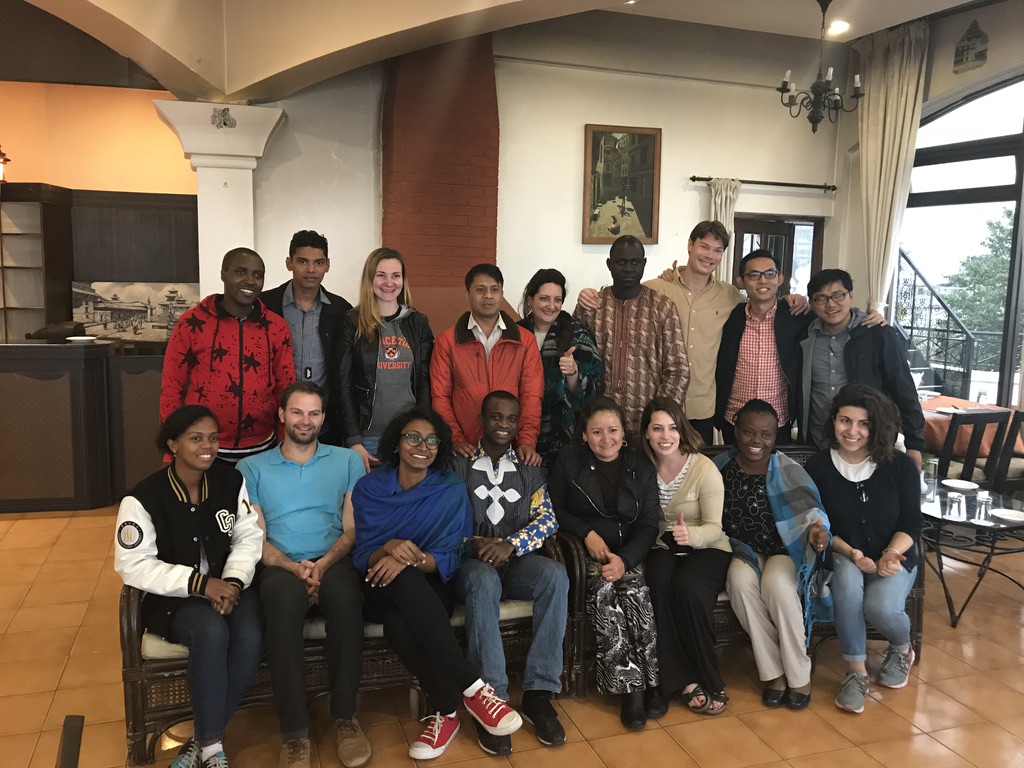The Undeniable Gospel
You can’t register a church. You’re not allowed to evangelise. Your electricity and water might get cut. In this South Asian country, Christians are denied much. But one thing can’t be denied: the gospel’s power to save.
Undeniable Testimonies
In his first weeks at university, Chandra* was wreaking havoc. He was an angry and insolent young man. His heavy drinking often ended in brawls. But, by the end of his first year, his life was turned around. The student fellowship group embraced him, and he embraced Christ. He says:
“Looking back, what showed me the reality of the gospel was their lack of judgmentalism and their loving care despite all my flaws”.
Tashi* arrived at camp in a bad way. She felt so depressed that she was intending to end her life. But as she listened to talks about Jesus the Good Shepherd loving and valuing his sheep, she realised her true worth. She says:
“It changed my life. I can honestly say that I wouldn’t be here today if I hadn’t gone to that camp and heard Jesus’ word to me.”
Undeniable Challenges
Despite the positive gospel impact that student ministry is bringing across 10 campuses (and six graduate groups), meetings and camps are often under suspicion – by the authorities and even some older house church pastors. Last year, the movement’s lead staff worker was arrested and taken for questioning. He was soon released, but as a precaution, they relocated the three-day summer camp to a nearby country.
For students, becoming a Christian can lead to excommunication from family. It can also bring discrimination and difficult dilemmas – like what to do when you’re expected to attend student prayers at the campus shrine.
Undeniable Hope
But God has been at work over the last 15 years: some of today’s lecturers experienced the movement in their student days – and now they try to help students be excused from temple prayers.
The lead staff has been joined by four other volunteers – two graduates and two young pastors. Together, they take three 45-day trips around the country each year to strengthen the student-led groups and to advocate for the ministry among church pastors.
With this maturing base and its catalogue of powerful testimonies, the team hopes the movement will continue to flourish, even amid the pressures. They are working towards becoming an official member of IFES at World Assembly 2027.
At a recent camp, one student asked why he was facing persecution despite his best efforts to follow Jesus. He was reassured by the speaker’s reply: “In Christ, we find good things in hard times”.
Pray
- Thank God for the winter camp in January, attended by 90 students (including six who weren’t Christians) and 45 graduates. Pray they will know the undeniable hope of the gospel and share it with wisdom and courage.
- Ask the Lord to strengthen and protect the lead staff worker and provide for other full-time staff. Pray that many local Christians will grasp the vision and contribute to the work, with students, graduates, and diaspora supporting a sustainable ministry.
- Give thanks for all the undeniably good things this movement has witnessed in hard times over the last 15 years. Pray for them as they develop the fledgling board and finalise their constitution in preparation for IFES affiliation.
* Names changed to protect identities.












